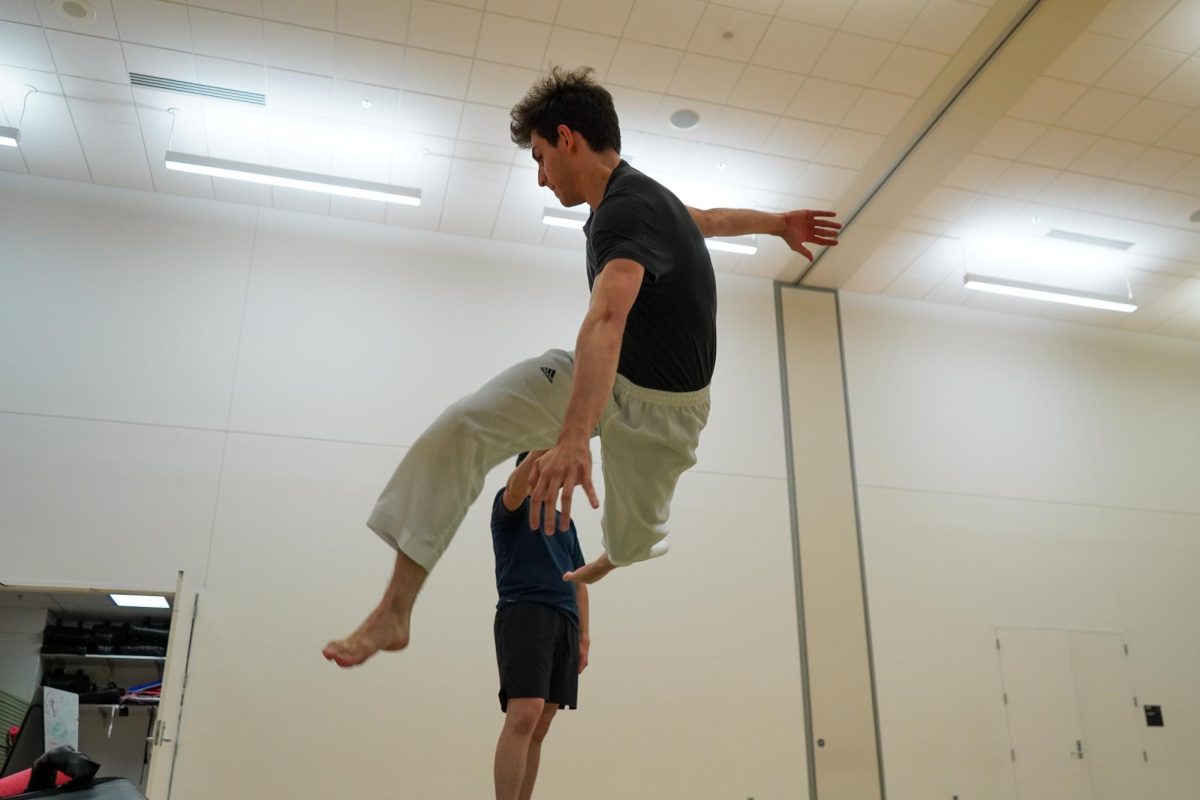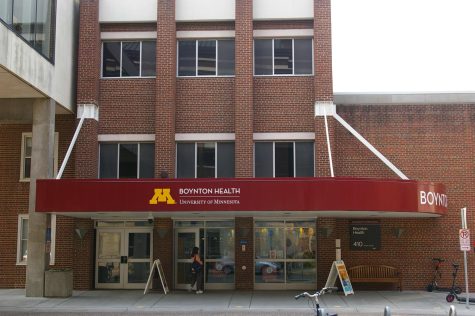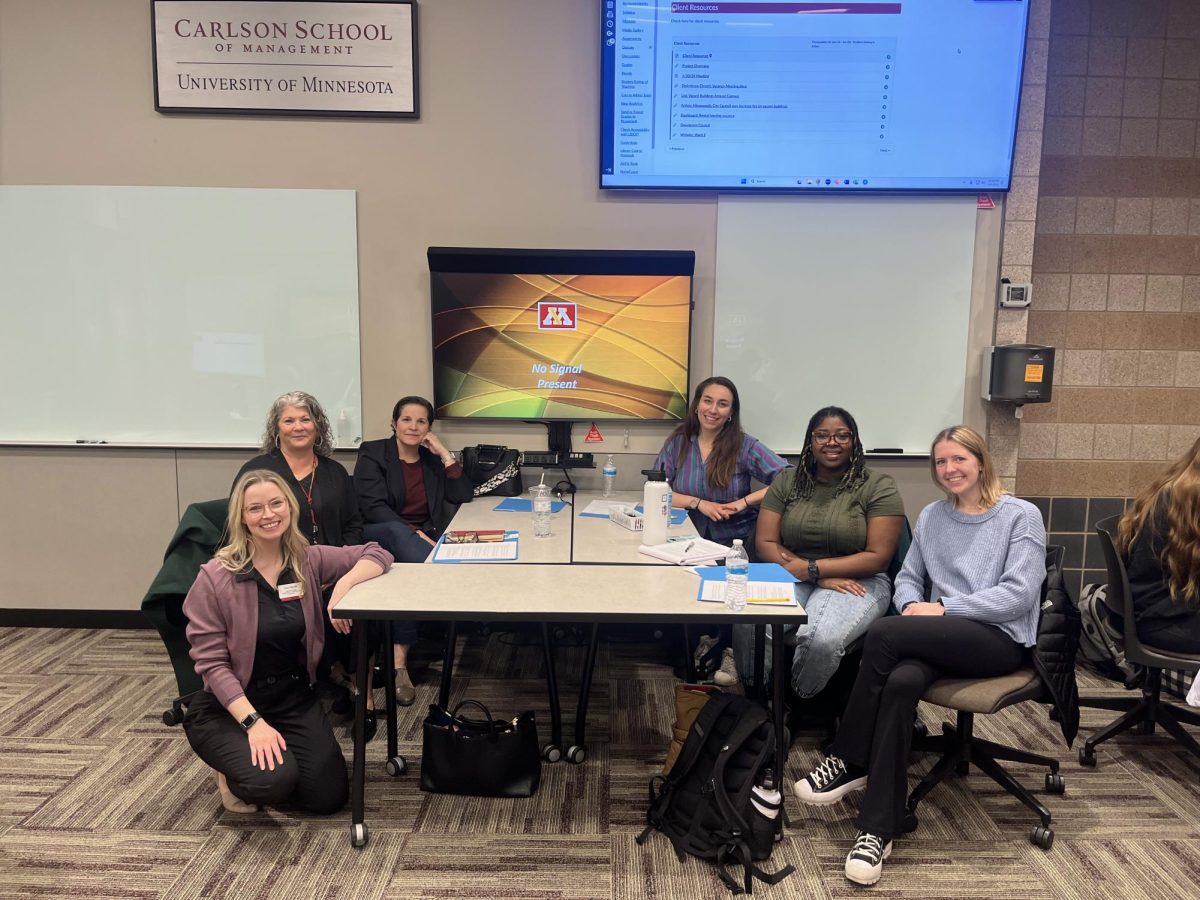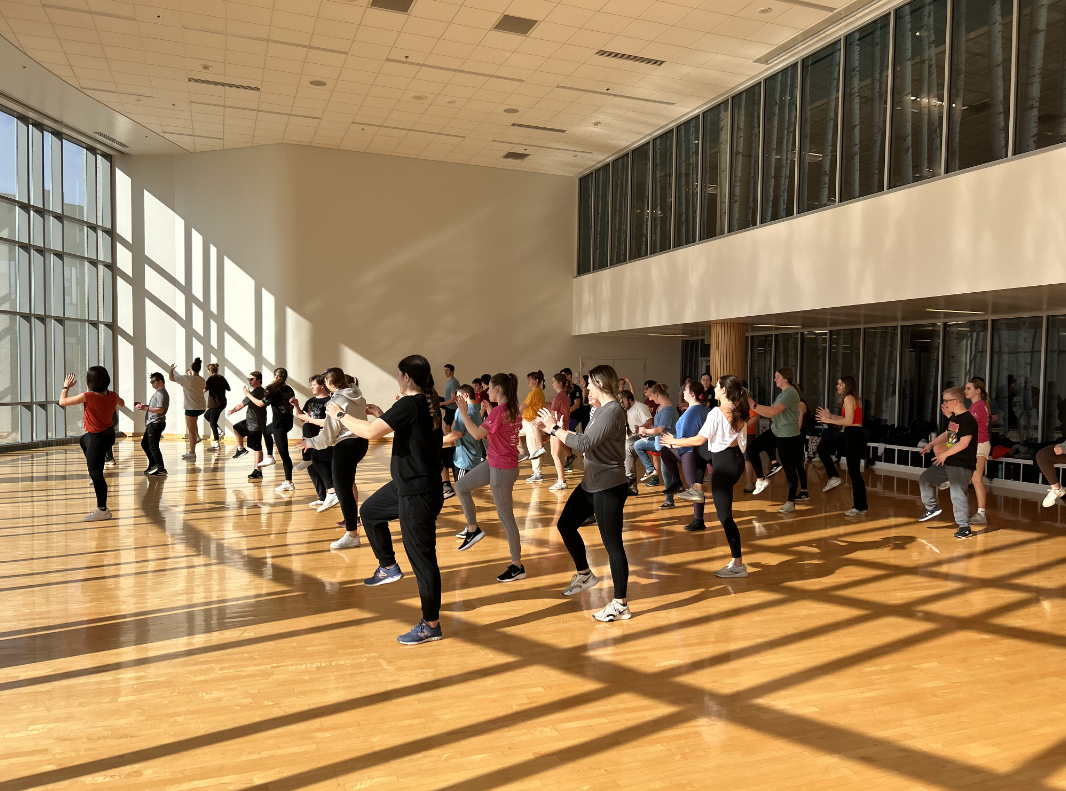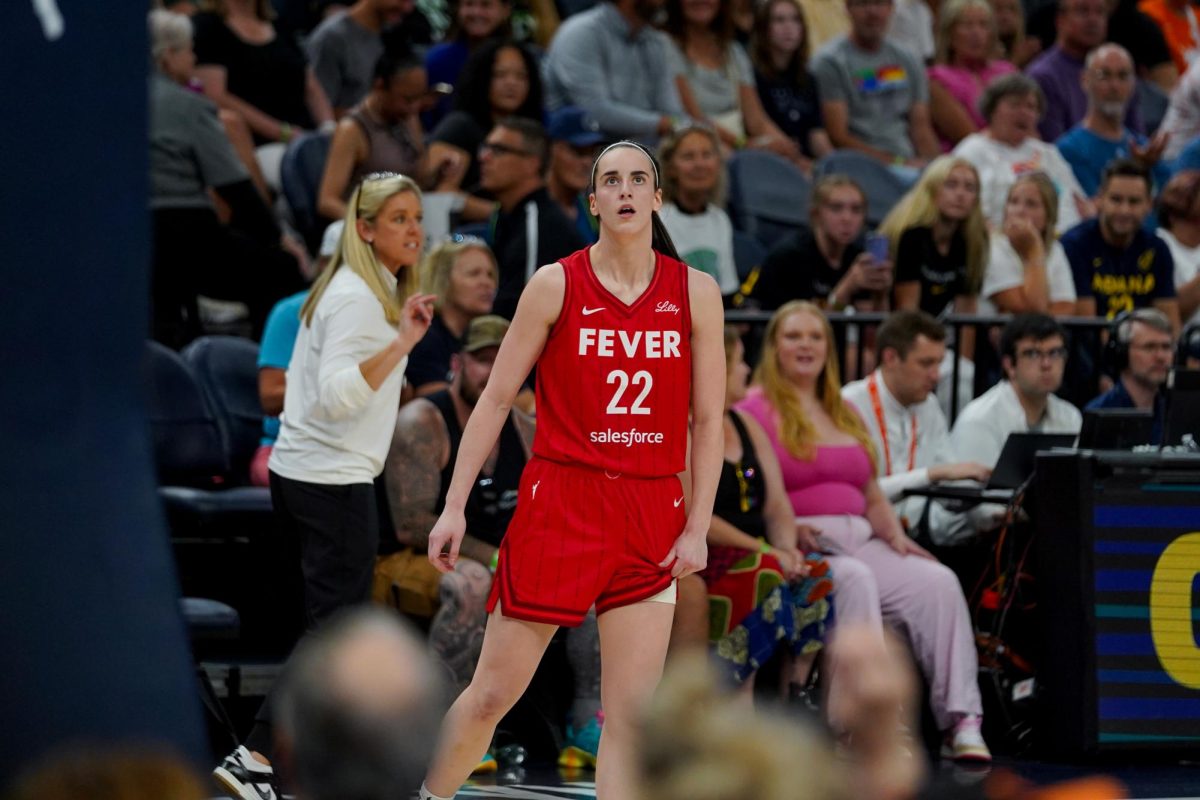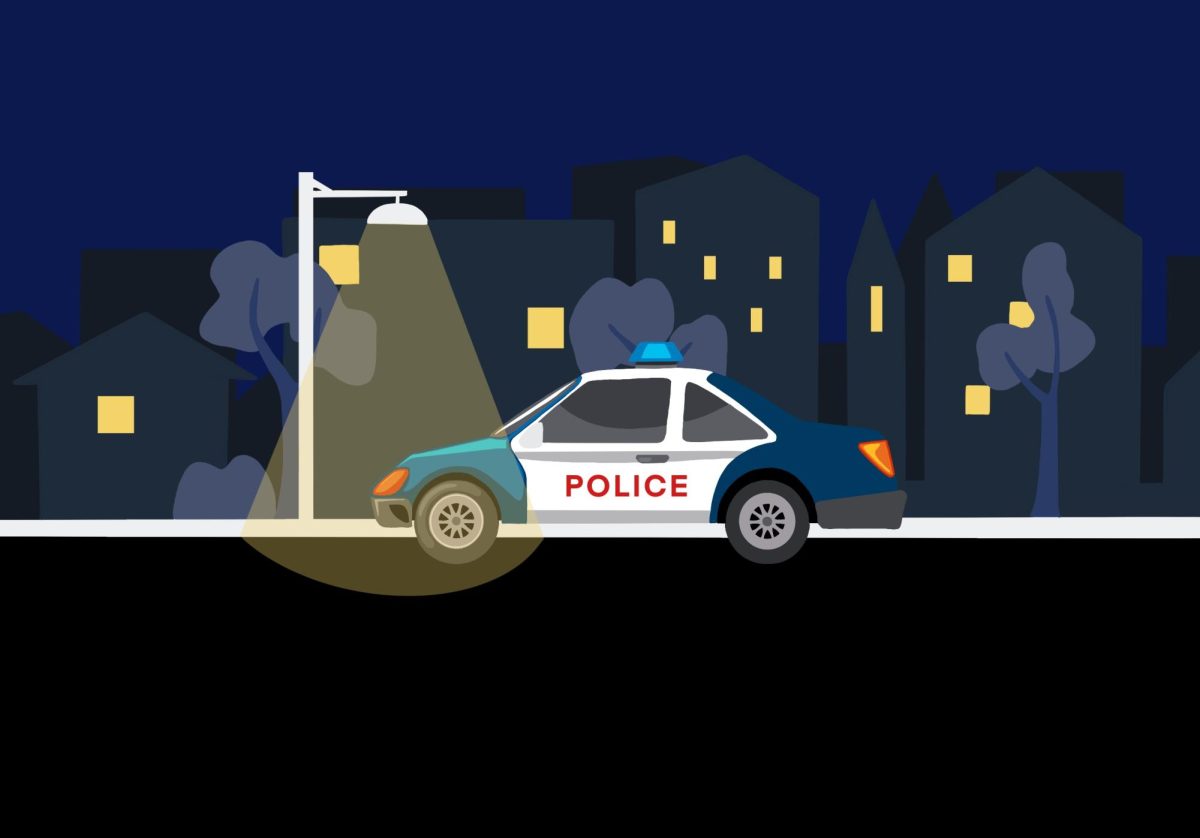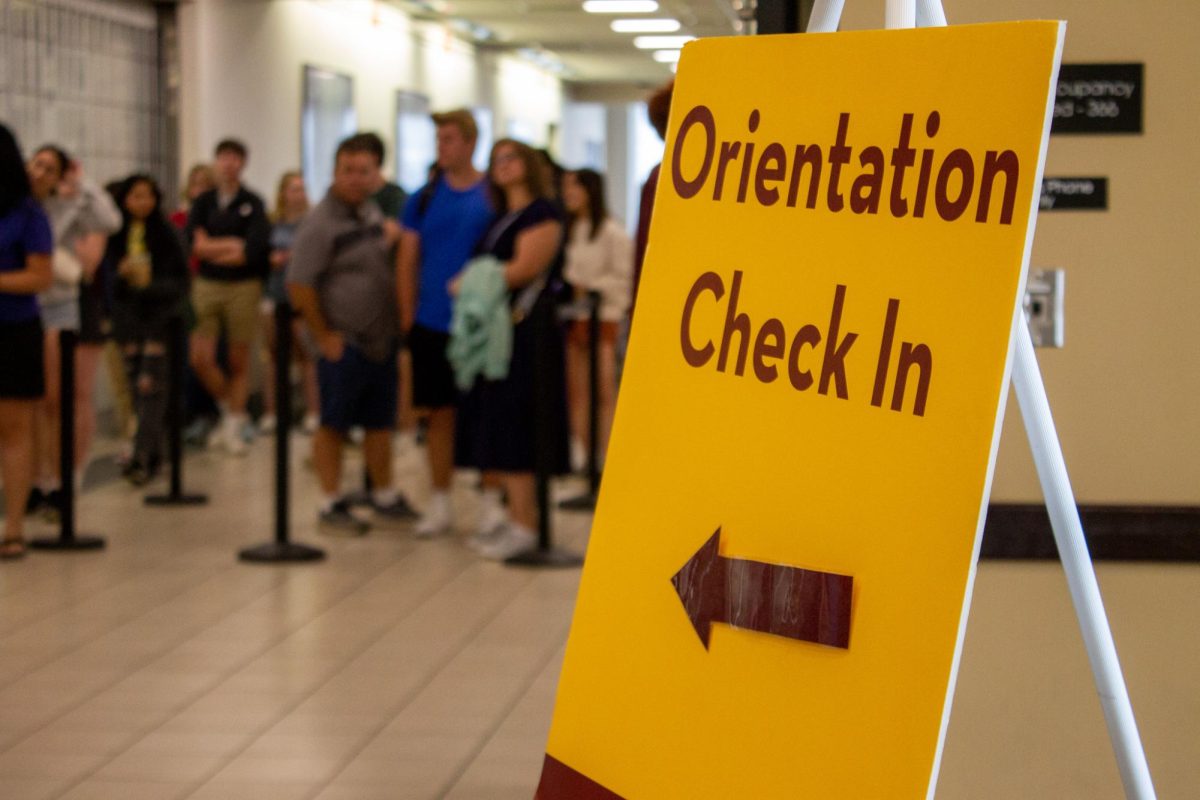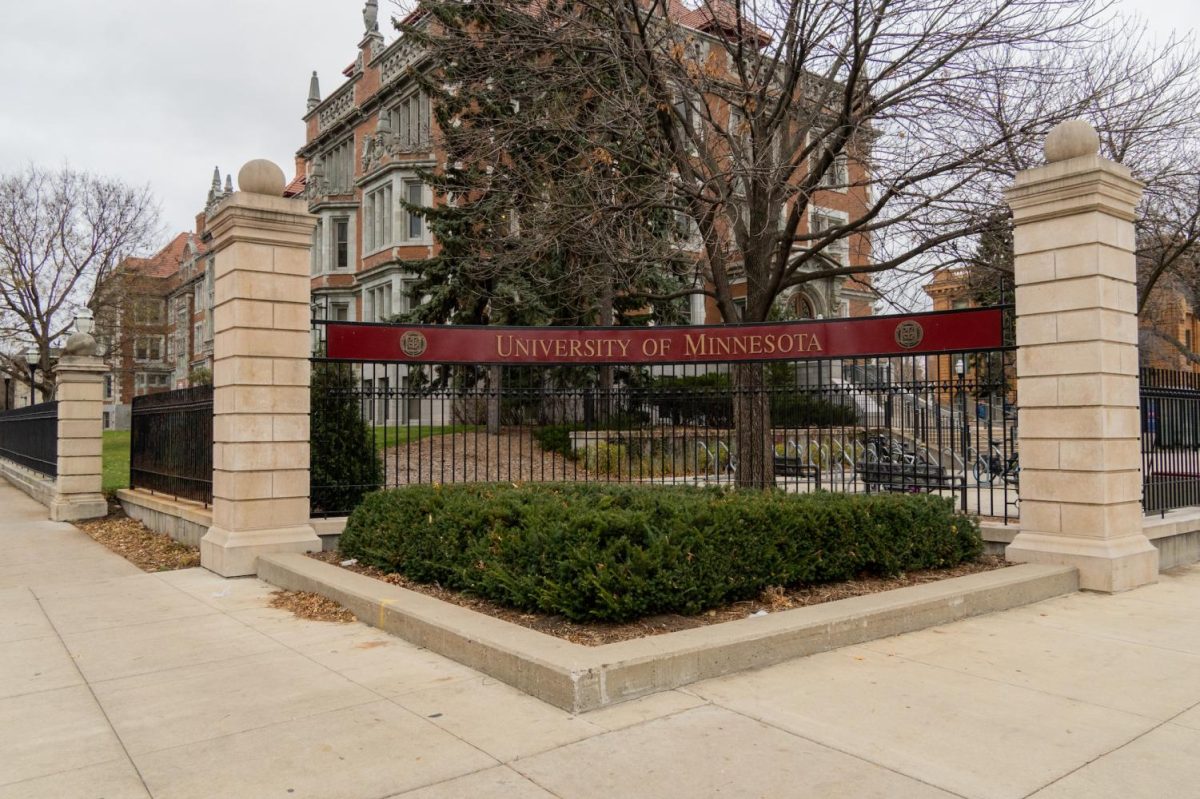For different students, midterms can be short, long, on paper or on Canvas. Midterms can be open note, closed note or open computer desktops where everything is allowed. This all depends on the professor and class or on the college and major.
While there is no official week that all midterms take place at the University, different colleges take different approaches on how midterms are offered and can even vary by each individual professor.
Faith Clark, a third-year student majoring in management information systems in the Carlson School of Management (CSOM), said at least 80% of her classes have midterms, but it depends on the semester.
“There’s really no one way to describe it,” Clark said. “If it’s not midterms, they just rephrase it and call it quizzes that are like twice a semester.”
In CSOM, students in their second year must take Immersion Core (I-Core) classes, a set of four classes set in a block. According to Clark, midterms for I-Core were all in one week, while this semester she has found finishing midterms have taken a month, making it feel more like a “season.”
“You get in the zone and you know you don’t have to be constantly stressed,” Clark said. “This semester since I have them every week, it’s just that small little droplet of stress in my mind all the time, which I don’t really know if that’s good because it doesn’t make me have the sense of urgency.”
Clark said finding friends who are in the same classes has been helpful, and she thinks people should try to remember to get together and find interest in the topic.
“Having a community that is bringing passion and bringing conversation to the subject really helps your mind,” Clark said. “You don’t feel so alone in the class and you start to see the value.”
Hailong Cui, an assistant professor at the Carlson School, said the general purpose of midterms is to test the understanding of the material, although the frequency heavily varies by school and department.
Cui teaches three of seven parallel sections of a 3000-level course in the Carlson School. He said when he came to the University of Minnesota during the COVID-19 pandemic, everybody that he checked with did a final comprehensive exam, but he realized there is no University policy requiring professors to give a final exam.
“We try to have a consistency across seven different classes,” Cui said. “There’s quite a lot of autonomy and academic freedom so if some faculty member wants to say, ‘I’m insisting on giving two midterms and a final exam,’ it’s their choice. I can’t go and tell them they can’t do it.”
In Cui’s class, Supply Chain & Operations, he gives two exams and a final group project. This year, Cui has found a historical high in his tests, with a median of almost 90%.
“I have never had any concerns [from students] about midterms,” Cui said. “I think a common concern is, ‘Are you testing what you’re taught,’ that’s the main thing.”
According to Cui, some students have classes with three to four midterms and even quizzes every few weeks, which he has heard can be stressful.
In his first semester teaching four years ago, Cui said he did not realize students often lack enough study time. When the results came back from the first exam, he knew he had to change something.
“A lot of students are working ten hours, that’s kind of the minimum, and many of my students are working twenty hours a week,” Cui said. “Now I see I cannot expect them to do hundreds of homework problems. That’s just not reasonable.”
Cui’s tips for students is to create a support system, whether that be from a teaching assistant, friends or roommates.
“I think it’s good to have mental support,” Cui said. “So somebody is going through that with you instead of studying on your own.”
Architecture student Ciera Hanson said because her classes are more project based, she only has one “traditional” midterm.
In architecture, many classes have intense studios where students work on semester-long projects. According to Hanson, studio classes have a “mid-review” instead of a midterm, where students present their work up to that point.
“A lot of these projects are a progression over a longer stretch of time,” Hanson said. “It feels like for the mid-review that I’m anticipating for studio, I mean technically this is all one project that we started at the beginning of the semester, so there is kind of a sense that you’re already prepared at least a little bit.”
Hanson said the presentations include a heavy critique component from professors, a complaint she has heard across students in studio.
“Studio is already like a very intense, time consuming class as it is without kind of the expectation of a more polished and more put together midterm review of your work, so it’s definitely a very stressful time,” Hanson said.
Anna Serstock, a third-year student in the College of Science and Engineering (CSE) studying biomechanical engineering, said it feels like CSE always has a lot of exams.
This semester, Serstock said she has two classes with midterms, but another class has weekly quizzes.
“The weekly quizzes are still difficult enough to the point where you have to be constantly studying every week,” Serstock said. “It’s like a never-ending battle.”
According to Serstock, the main frustration with midterms is when they overlap or are really close together. Serstock said she feels professors are aware of what is going on in other classes and are considerate of their time.
In order to succeed in midterms, Serstock said to always plan ahead, know when the exams are and start studying early.
“Don’t dismiss the difficulty of the exam unless you’ve taken the class,” Sertsock said in relation to other majors. “Everybody’s emotions towards midterms are valid because you never know where somebody is at with something and how difficult the classes they’re taking are.”
This article has been updated.











